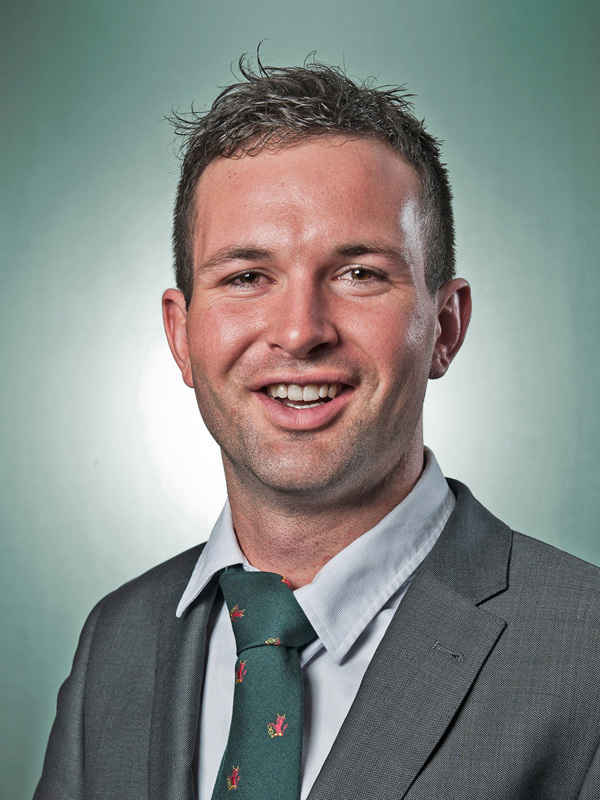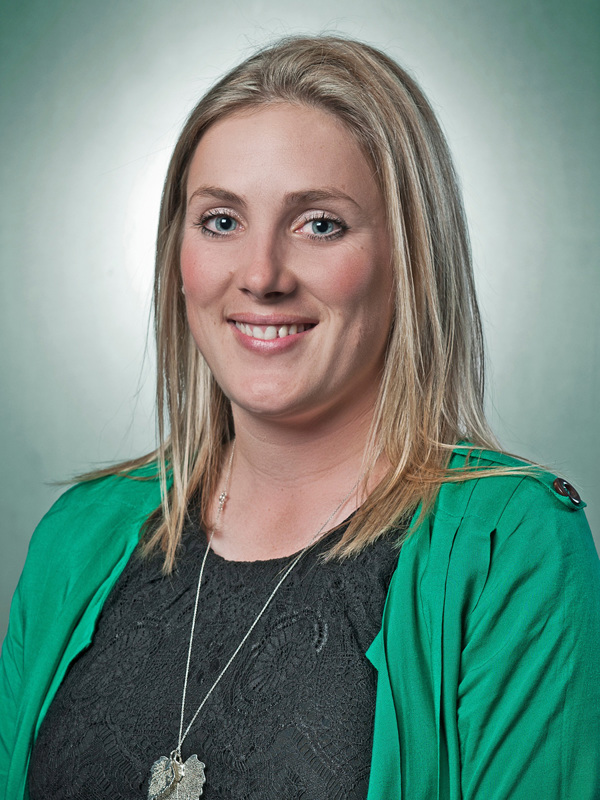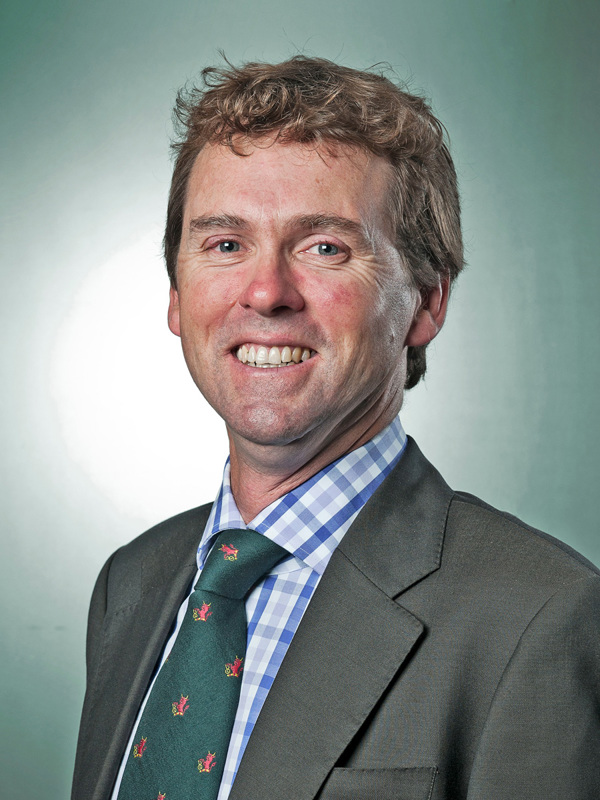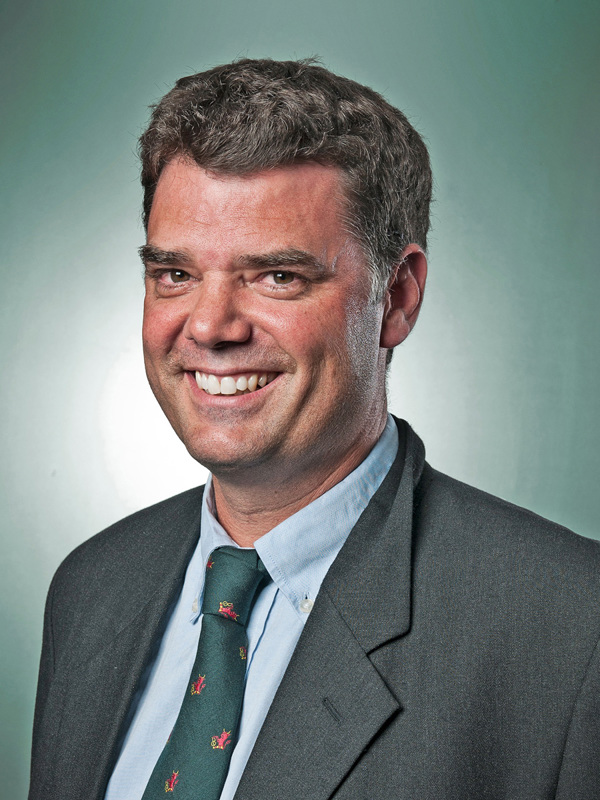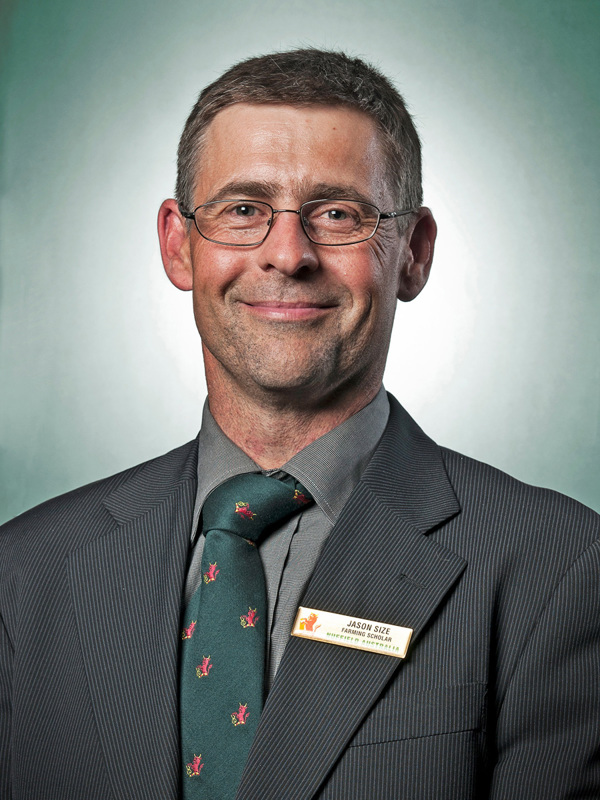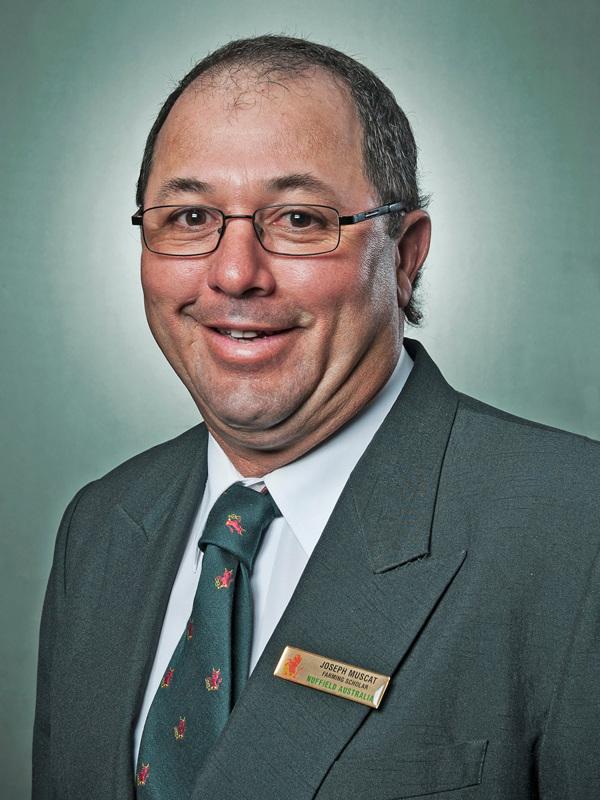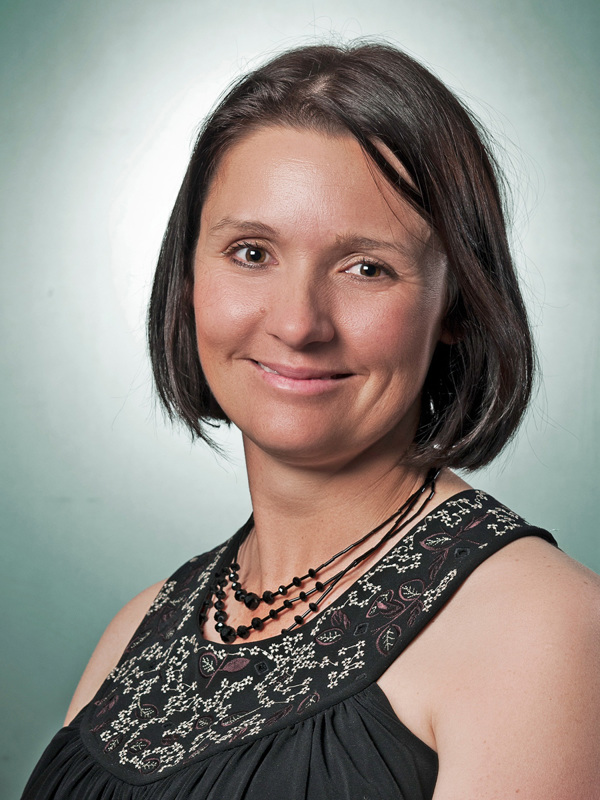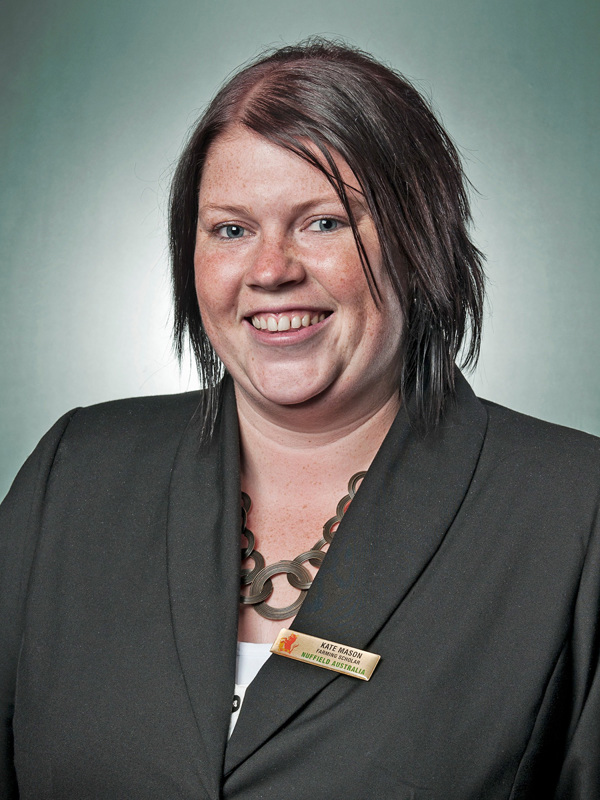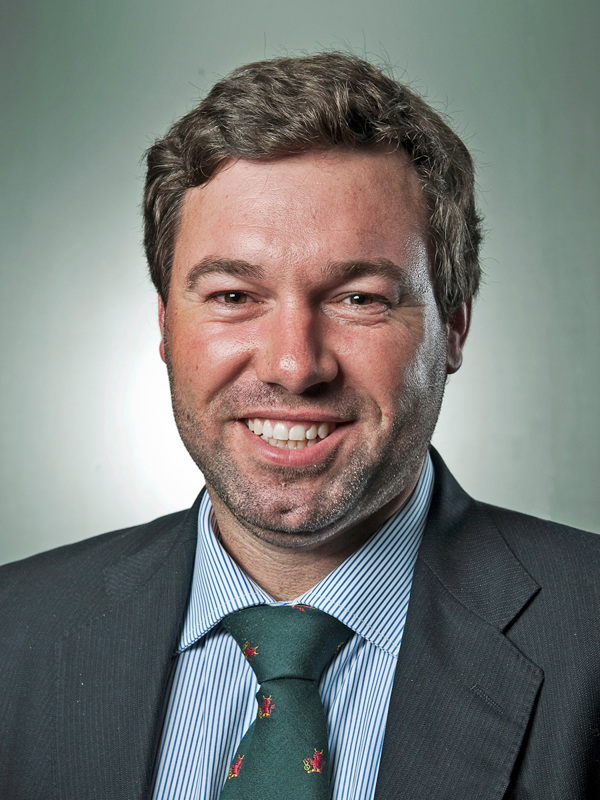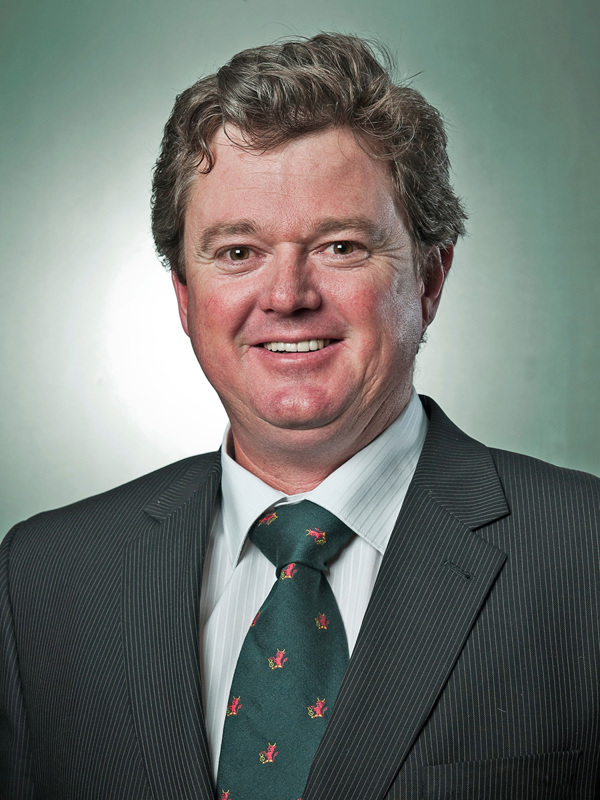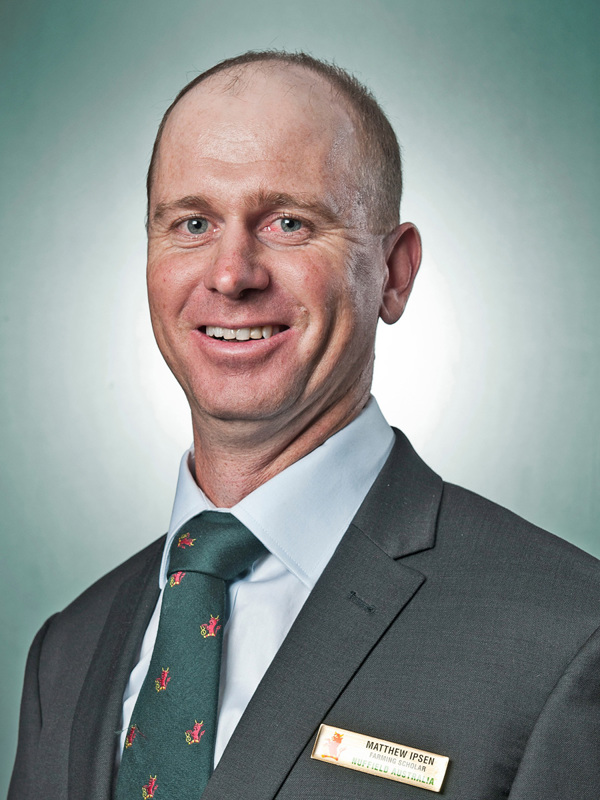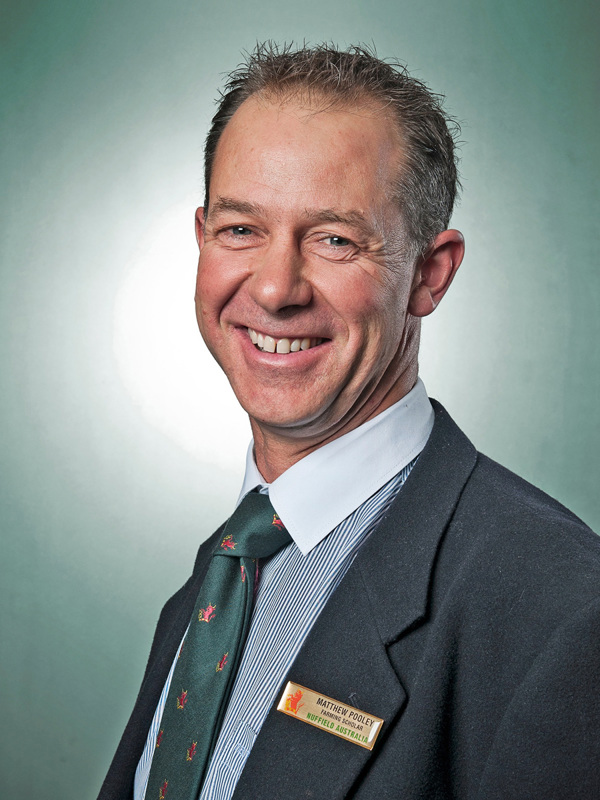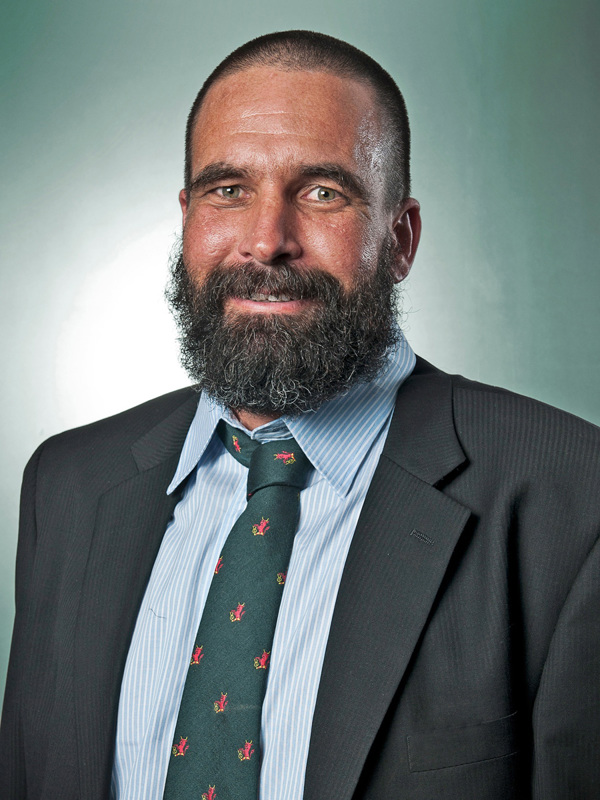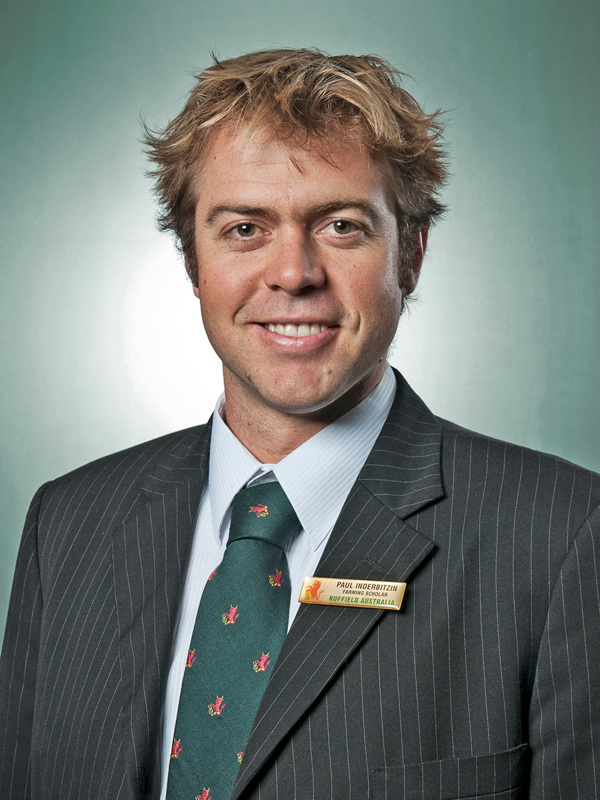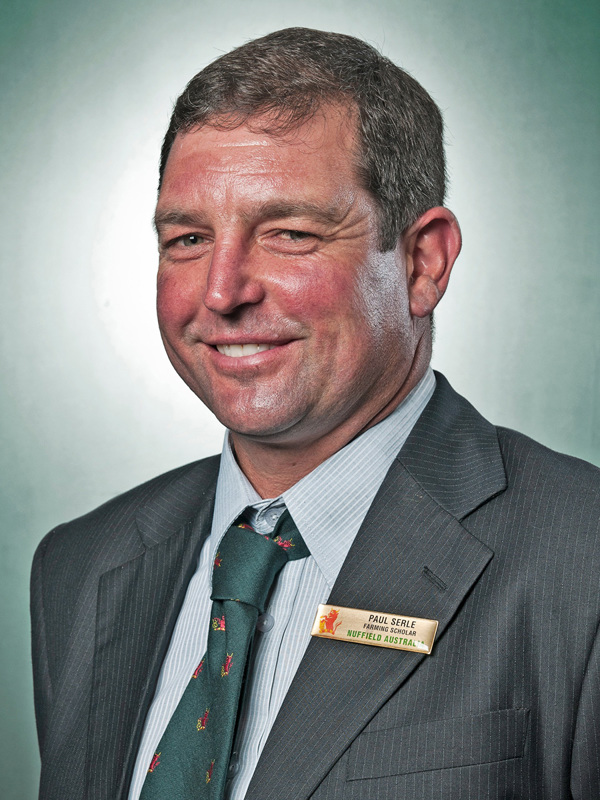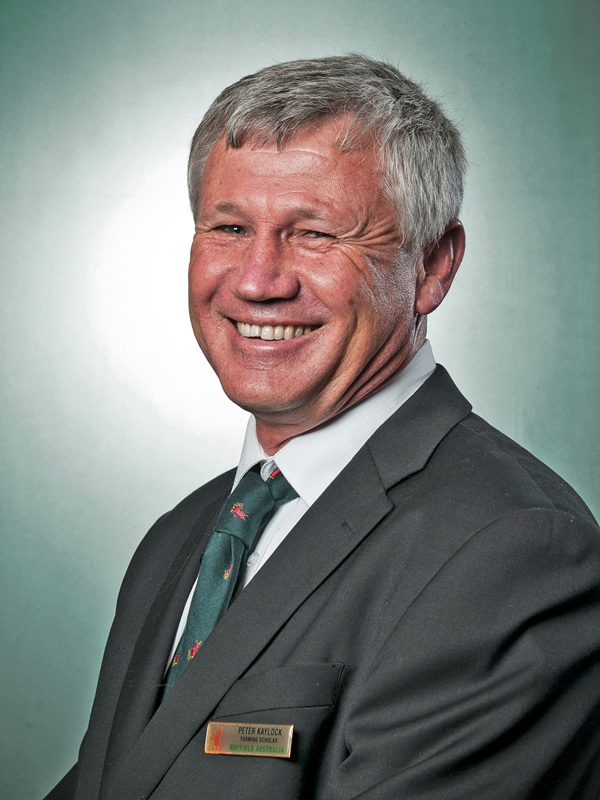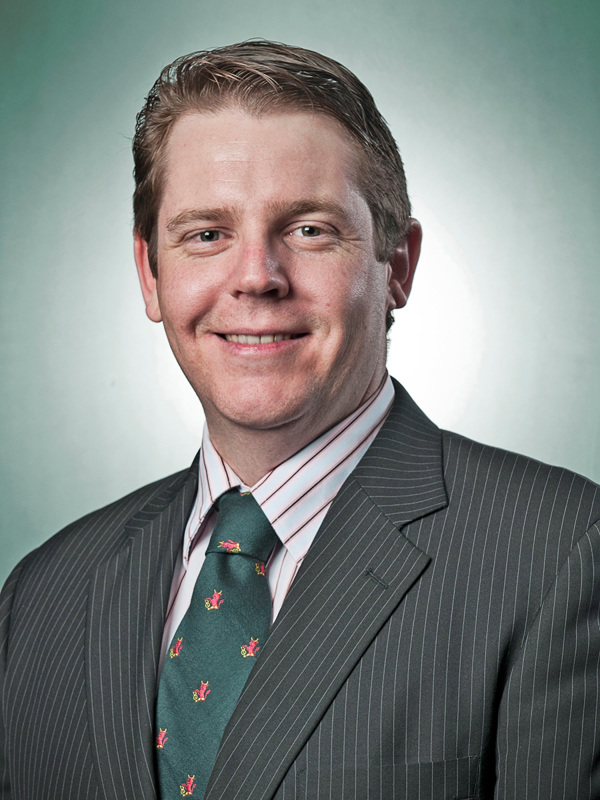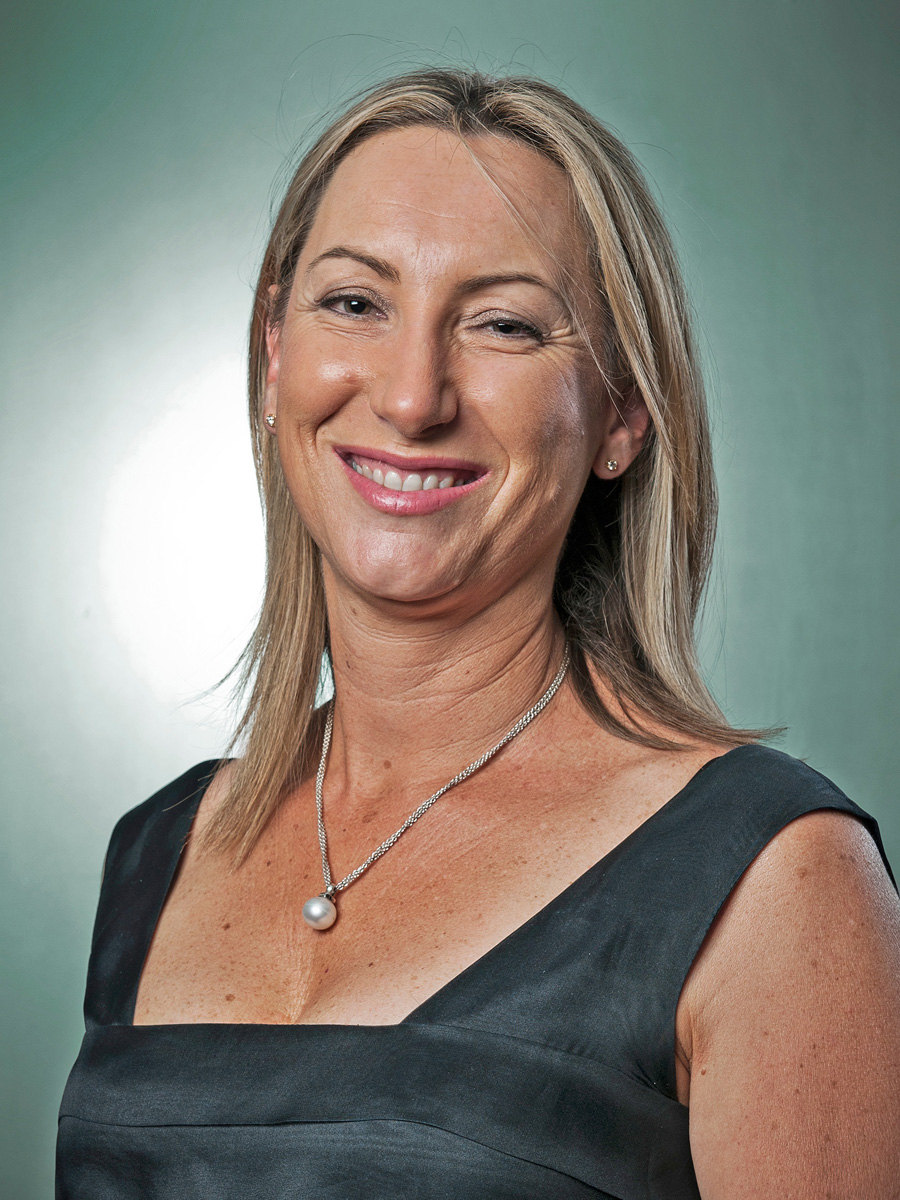
Jodie Redcliffe

After setting out to find out the latest alternatives to bedding materials for chicken sheds, 2013 scholar Jodie Redcliffe was so struck by a recurring theme around the world, she changed her tack completely. Jodie runs a contract broiler farm with her husband Wayne, ended up studying public perceptions of the poultry industry.
“As I went around the world looking at farms and meeting farmers on my Global Focus Program and my individual study, everyone seemed to be saying the same thing – that we’re misunderstood and no-one’s getting the good stories out and so I thought that was a good topic to investigate."
From Canada to the US, Germany, England, Ireland and France, Jodie canvassed a range of opinions and expertise on the topic, although none were more compelling than that of UK Nuffield Scholar Claire Bragg. Claire has a viewing gallery on the end of one of her chicken sheds, enabling people to see how a real chicken shed works.
“The other thing that was very confronting for us was they’ve actually started a cooking school on the site – so here we are in Australia locking our gates and planting lots of trees so no-one can see what we do, while Claire is opening the doors and inviting people in to cook chicken. It really seems to help, because people have pre-conceived ideas that chicken farmers are doing something underhanded because they can’t see what we’re doing. If we can show them what we’re doing, they can see we actually have a pretty good system, these birds look pretty healthy, pretty happy if you want to use that term – we’re not doing anything wrong and by the same token we’re also always trying to improve our standards,” Jodie explains.
Jodie says they also found some very progressive attitudes to farming in Germany, possibly due to pressure applied by animal rights groups.
“There’s been a lot of violent protests against German farms – I was shocked to visit a farmer whose shed had been burnt down on a couple of occasions by activists because they disagreed with how he did things. The Germans were also progressive in the renewable space, with a lot of solar, anaerobic digestion plants and biogas generation, which was very interesting as well."
Over in the US, Jodie discovered that the agricultural sector is having a positive impact on public perception with proactive engagement.
“We had some excellent visits in the United States with the American Farm Bureau who are doing really good work at the grass roots level and online, as is the United States Farmers and Ranchers Association. They’re actually profiling farmers, so while individuals may not have the skills to put up a professional video or get a storyline quite right, the farming associations are doing that and putting up very user-friendly, appealing websites and YouTube videos,” she says.
Jodie also found the level of media training for farmers in North America to be impressive, and believes the Australian sector needs to do more to promote itself.
“Here in Australia, every farmer has to take responsibility on an individual level for being proud of what they do and telling people what they do – don’t leave it to someone else. Farming organisations also need to provide the structure to help farmers, so we need to support those organisations and get involved, however that might be. I also think tools like Twitter, webinars and LinkedIn groups can help farmers be a part of that online presence, because we can’t always get to a meeting when we’re farming 24/7,” Jodie says.
